
Partnership Agreement Drafting: Essential Tips for Success

Understanding the Significance of a Well-Crafted Partnership Agreement
A partnership agreement is the foundation of a successful business partnership. Drafting this document with care and precision is essential to avoid potential conflicts and ensure the smooth functioning of the business. Let’s explore some key tips for effectively drafting a partnership agreement.
Clarity in Terms and Conditions
One of the foremost considerations in partnership agreement drafting is clarity. Clearly outline the terms and conditions that govern the partnership. This includes the responsibilities of each partner, profit-sharing arrangements, decision-making processes, and dispute resolution mechanisms. Clarity minimizes the risk of misunderstandings down the line.
Tailoring the Agreement to Business Specifics
No two partnerships are identical, and therefore, no two partnership agreements should be either. Tailor the agreement to the specific needs and dynamics of the business. Consider factors such as the nature of the industry, the roles of each partner, and the long-term goals of the partnership. A customized agreement is more likely to address the unique aspects of the business.
Allocating Responsibilities and Decision-Making Authority
Clearly define the roles and responsibilities of each partner in the agreement. Establishing decision-making authority is crucial for the efficient operation of the partnership. Address how major decisions will be made, whether through unanimous consent, voting, or another agreed-upon method. This prevents potential conflicts arising from ambiguity.
Addressing Financial Contributions and Profit Sharing
Financial matters are at the core of a partnership. Specify each partner’s initial financial contributions, ongoing contributions, and the methodology for profit distribution. Clearly outline how profits and losses will be shared among partners. A transparent financial framework promotes trust and accountability within the partnership.
Including Exit Strategies and Dissolution Procedures
Anticipating the possibility of changes in the partnership is a prudent approach. Include exit strategies, such as buy-sell agreements or procedures for a partner’s retirement or departure. Clearly define the steps for dissolving the partnership if necessary. Having these provisions in place helps partners navigate potential transitions smoothly.
Seeking Legal Guidance
Drafting a partnership agreement is a complex legal process. Seeking the guidance of a legal professional with experience in business law is highly recommended. A knowledgeable attorney can ensure that the agreement complies with relevant laws and regulations and provides comprehensive protection for all parties involved.
Regular Review and Updates
Business environments evolve, and partnerships may undergo changes over time. It’s essential to incorporate provisions for regular review and updates in the partnership agreement. This ensures that the document remains relevant and aligned with the current needs and goals of the business.
Clear Communication Among Partners
Effective communication is vital in any partnership. Encourage open and transparent communication among partners during the drafting process. This not only ensures that everyone is on the same page but also fosters a collaborative spirit that can positively impact the overall success of the partnership.
Partnership Agreement Drafting Tips
For comprehensive insights into effective partnership agreement drafting tips and valuable guidance, visit HighPointFamilyLaw.com. Explore resources that can further enhance your understanding of successful implementation, ensuring your partnership agreement is a solid foundation for a thriving business.
In conclusion, the careful drafting of a partnership agreement is a proactive measure that contributes to the long-term success of a business. By addressing key elements with clarity, tailoring the agreement, and seeking professional guidance, partners can create a document that promotes understanding, collaboration, and a robust legal framework for their enterprise.











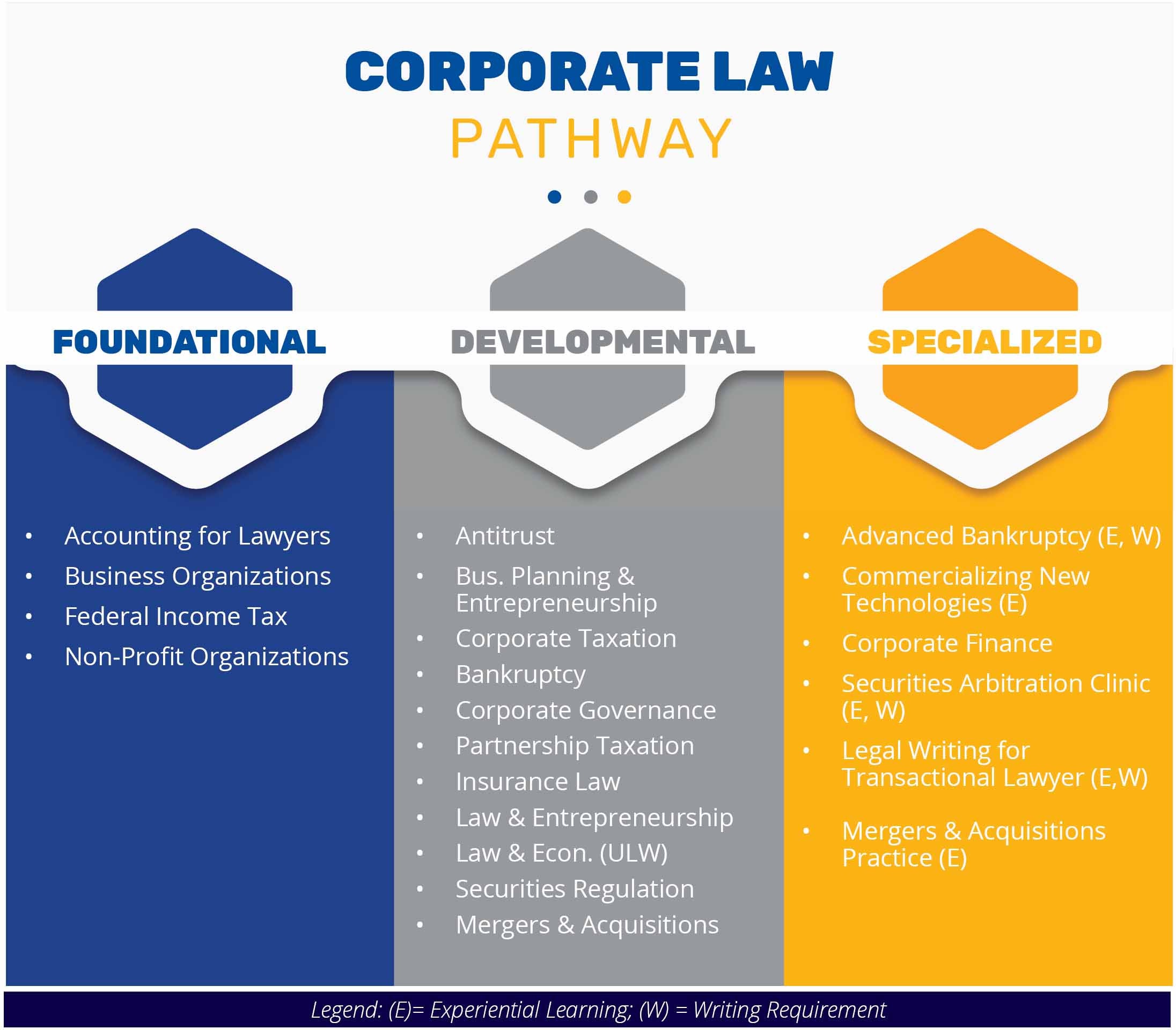

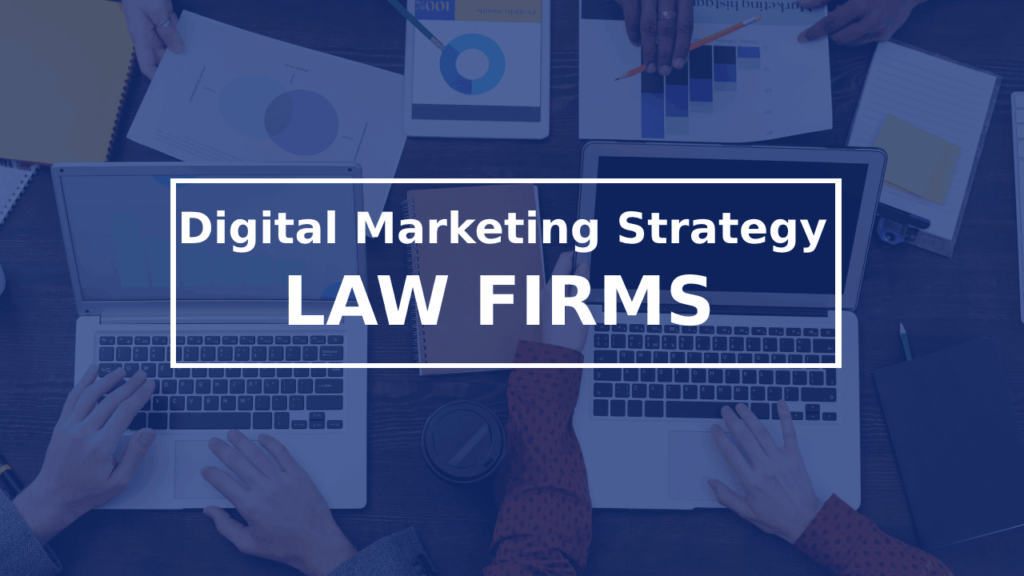


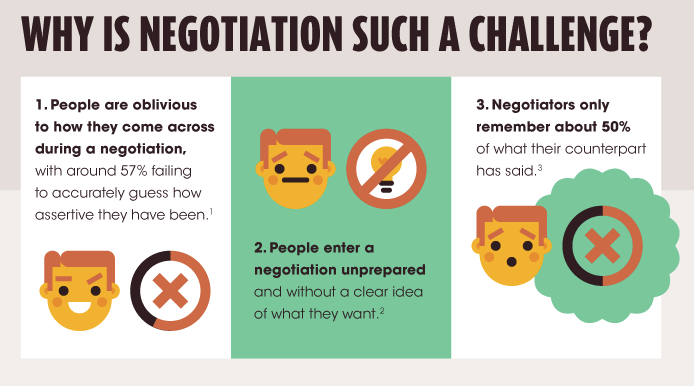










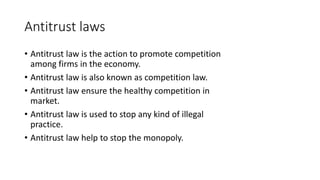



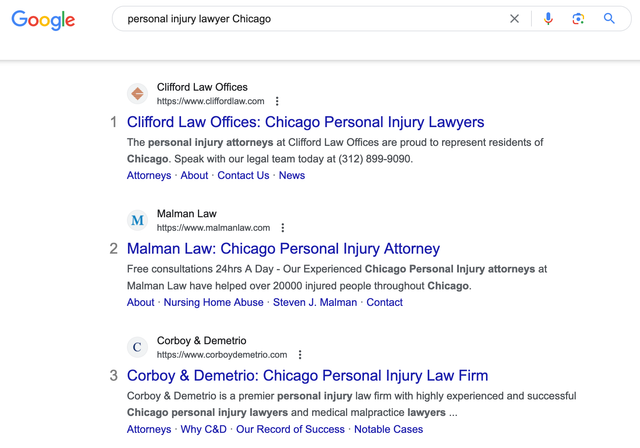


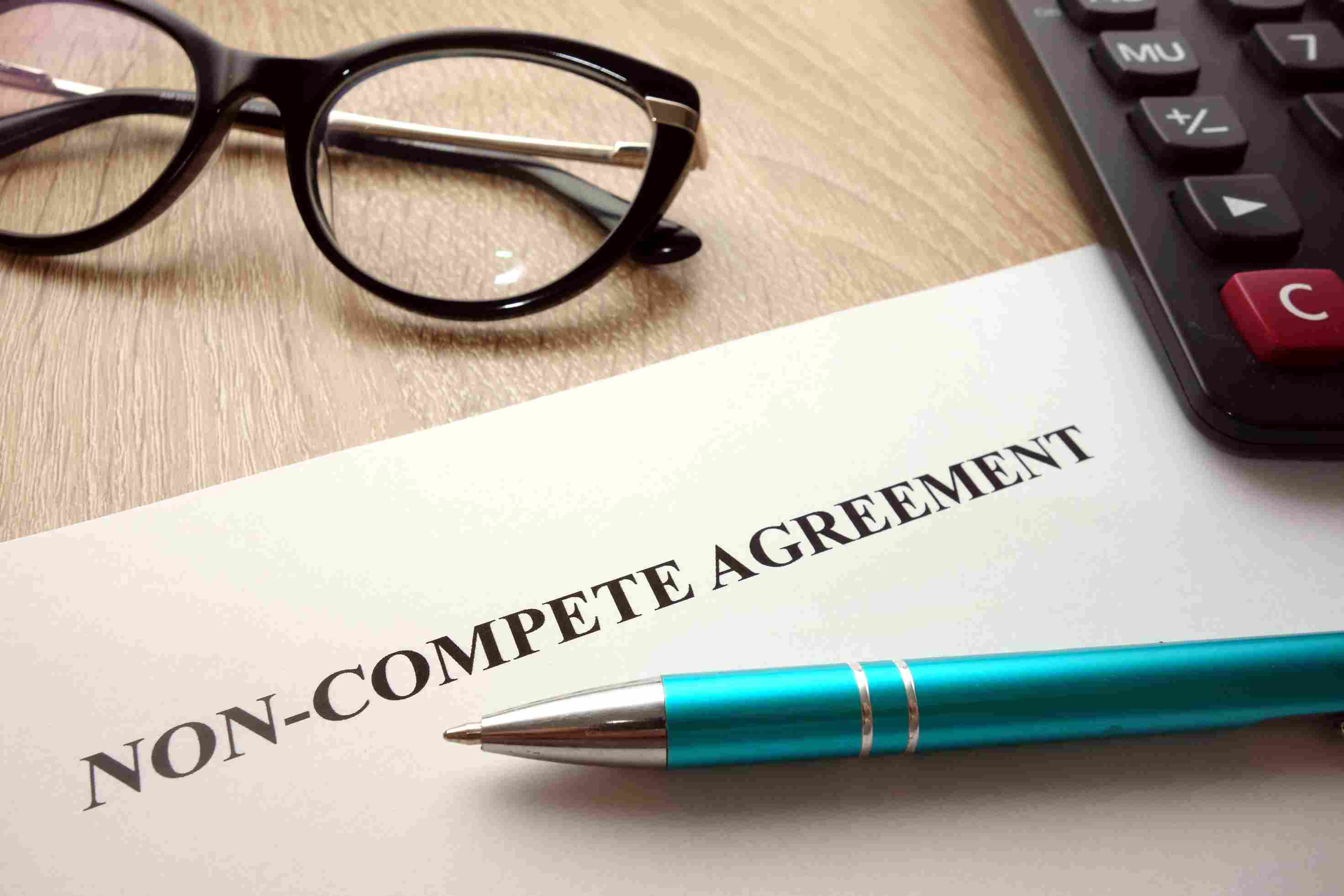
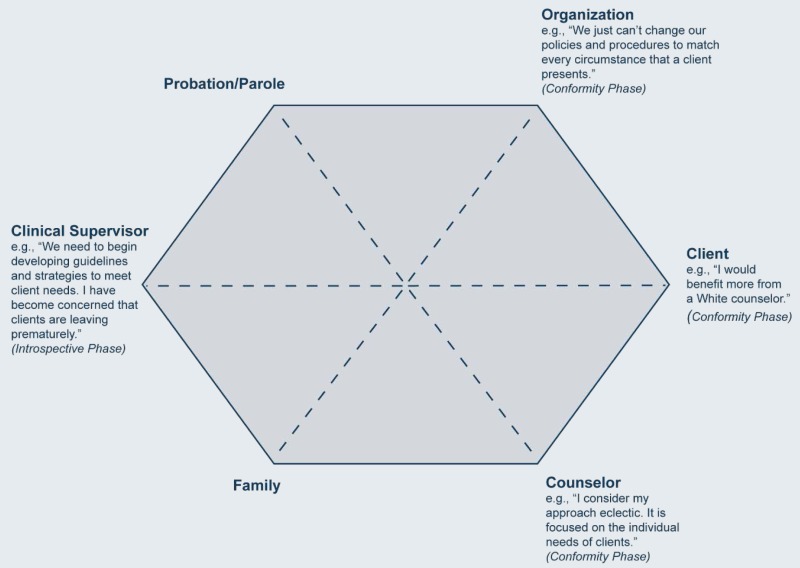
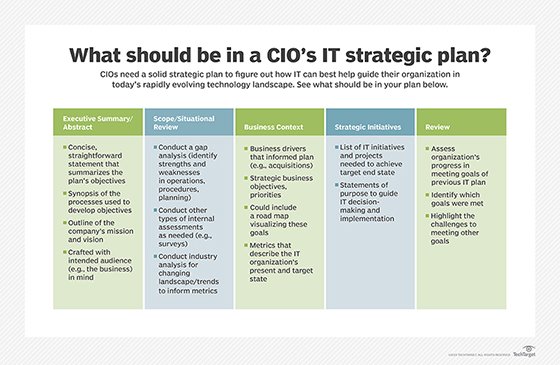





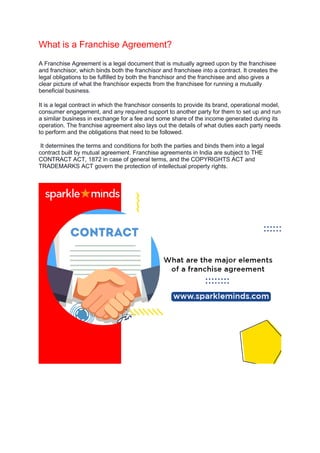

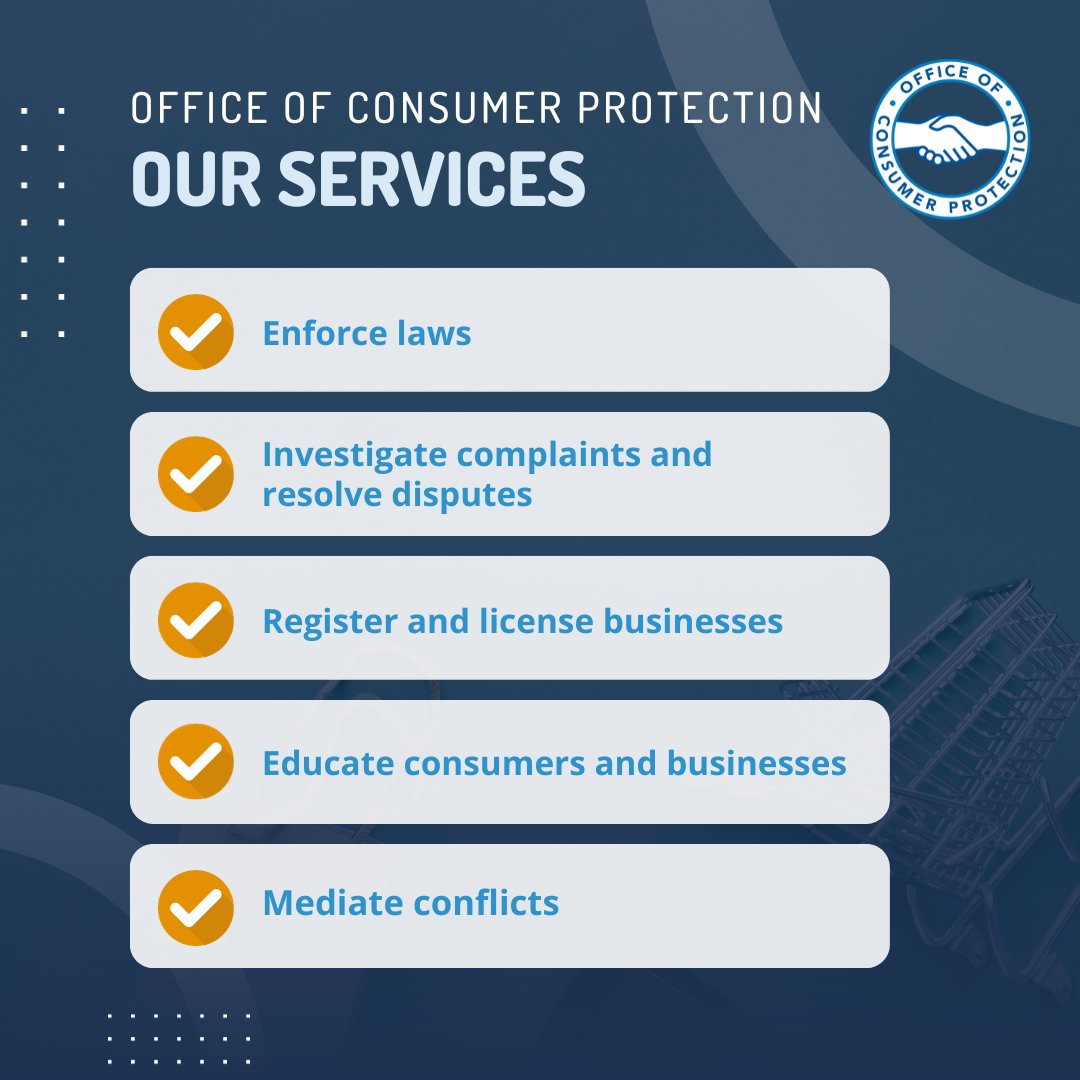
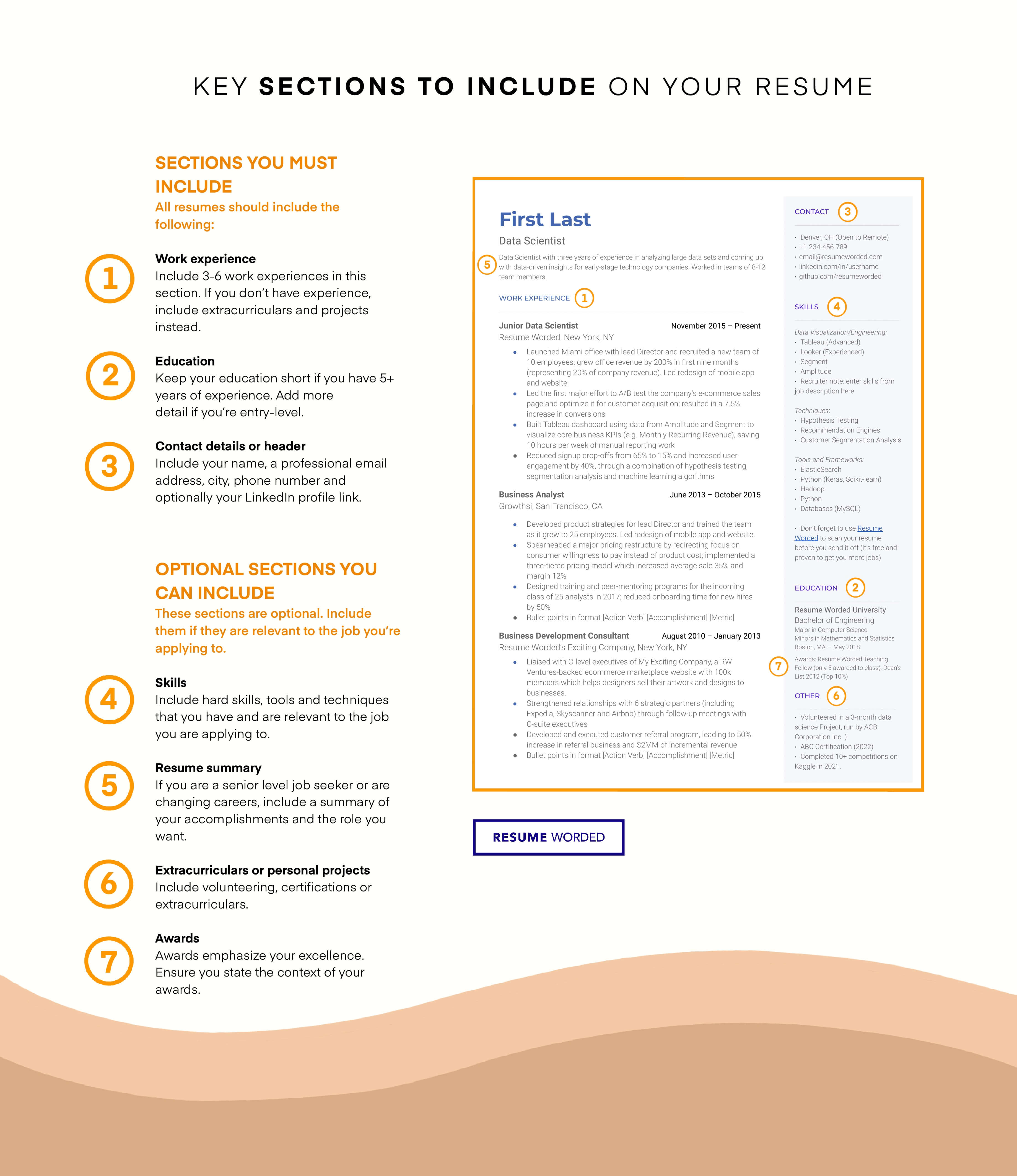








 Startup businesses in Jersey City can benefit from Corporate Governance for Startups in Jersey City best practices to ensure their success. Learn how to create a corporate governance framework that will help your business thrive.
Startup businesses in Jersey City can benefit from Corporate Governance for Startups in Jersey City best practices to ensure their success. Learn how to create a corporate governance framework that will help your business thrive.